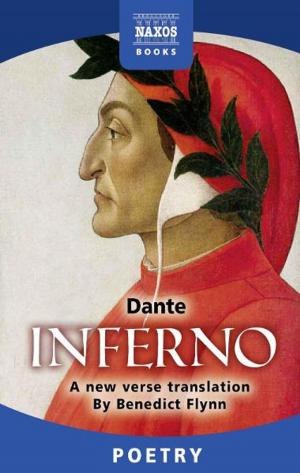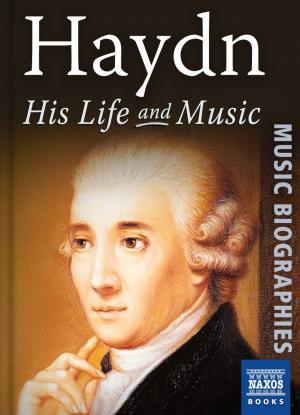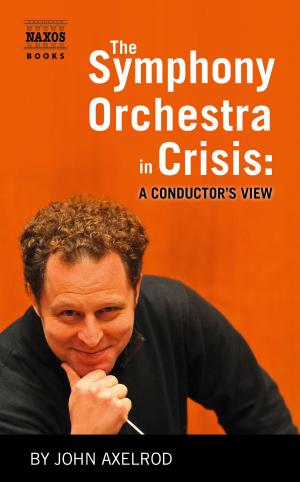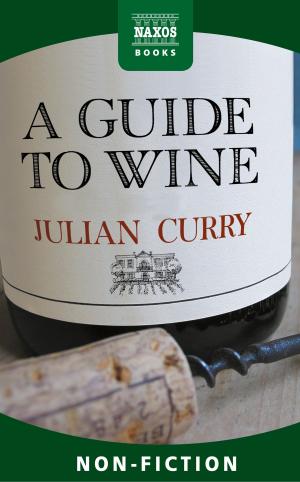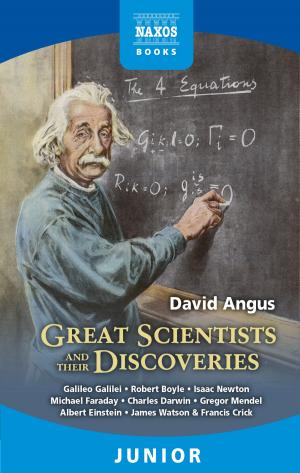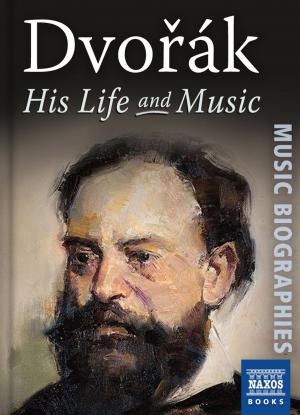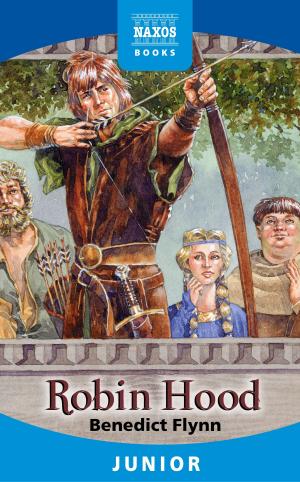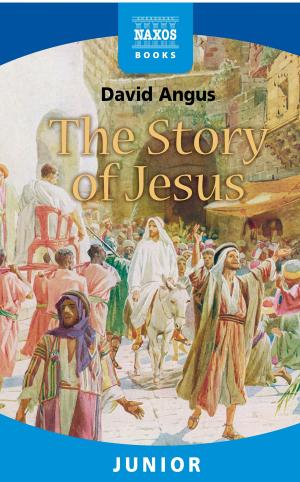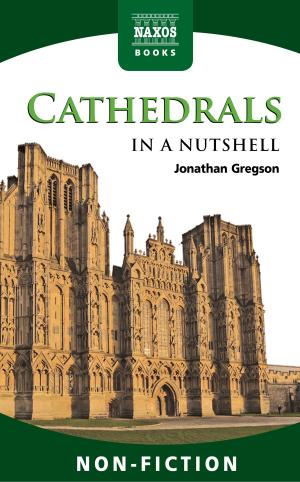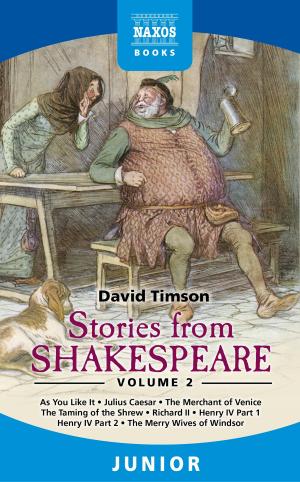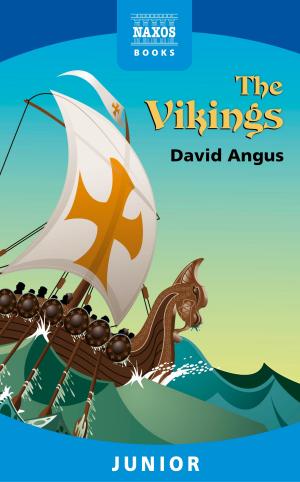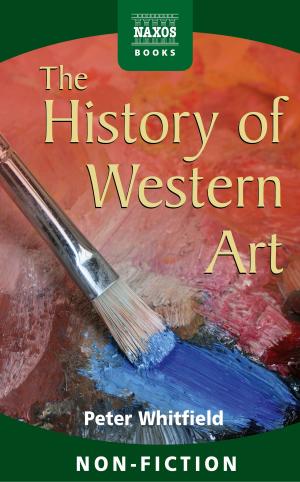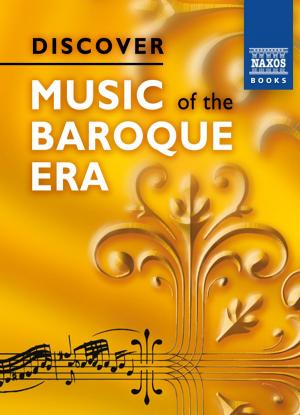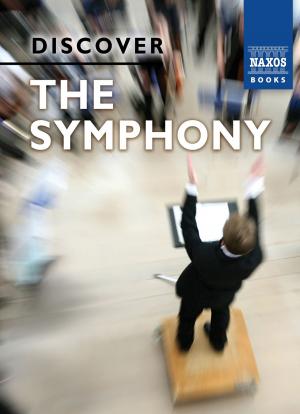A History of American Classical Music
Nonfiction, Entertainment, Music, Theory & Criticism, History & Criticism, Reference| Author: | Barrymore Laurence Scherer | ISBN: | 9781843792826 |
| Publisher: | Naxos Books | Publication: | December 1, 2012 |
| Imprint: | Language: | English |
| Author: | Barrymore Laurence Scherer |
| ISBN: | 9781843792826 |
| Publisher: | Naxos Books |
| Publication: | December 1, 2012 |
| Imprint: | |
| Language: | English |
To many people, the term 'American classical music' means a handful of famous names: Gershwin, Copland, Bernstein, Sousa. But this doesnt begin to scrape the surface of a musical heritage reaching back to colonial times. For instance, did you know that George Washington loved dance music, and that Abraham Lincolns favorite song was Listen to the Mocking-Bird by the American composer Septimus Winner? Americas legacy of concert music contains extraordinary riches, much of it unfamiliar even to sophisticated music lovers. This entertaining, fact-filled History of American Classical Music celebrates that legacy by investigating the greatest composers familiar and unfamiliar: American Romantics like William Henry Fry, Louis Moreau Gottschalk and Edward MacDowell; visionary modernists like Charles Ives, Morton Feldman and John Cage; buoyant spirits like Victor Herbert and Scott Joplin; as well as figures at todays cutting edge like John Adams, Philip Glass, Michael Torke and Carter Pann.
To many people, the term 'American classical music' means a handful of famous names: Gershwin, Copland, Bernstein, Sousa. But this doesnt begin to scrape the surface of a musical heritage reaching back to colonial times. For instance, did you know that George Washington loved dance music, and that Abraham Lincolns favorite song was Listen to the Mocking-Bird by the American composer Septimus Winner? Americas legacy of concert music contains extraordinary riches, much of it unfamiliar even to sophisticated music lovers. This entertaining, fact-filled History of American Classical Music celebrates that legacy by investigating the greatest composers familiar and unfamiliar: American Romantics like William Henry Fry, Louis Moreau Gottschalk and Edward MacDowell; visionary modernists like Charles Ives, Morton Feldman and John Cage; buoyant spirits like Victor Herbert and Scott Joplin; as well as figures at todays cutting edge like John Adams, Philip Glass, Michael Torke and Carter Pann.

